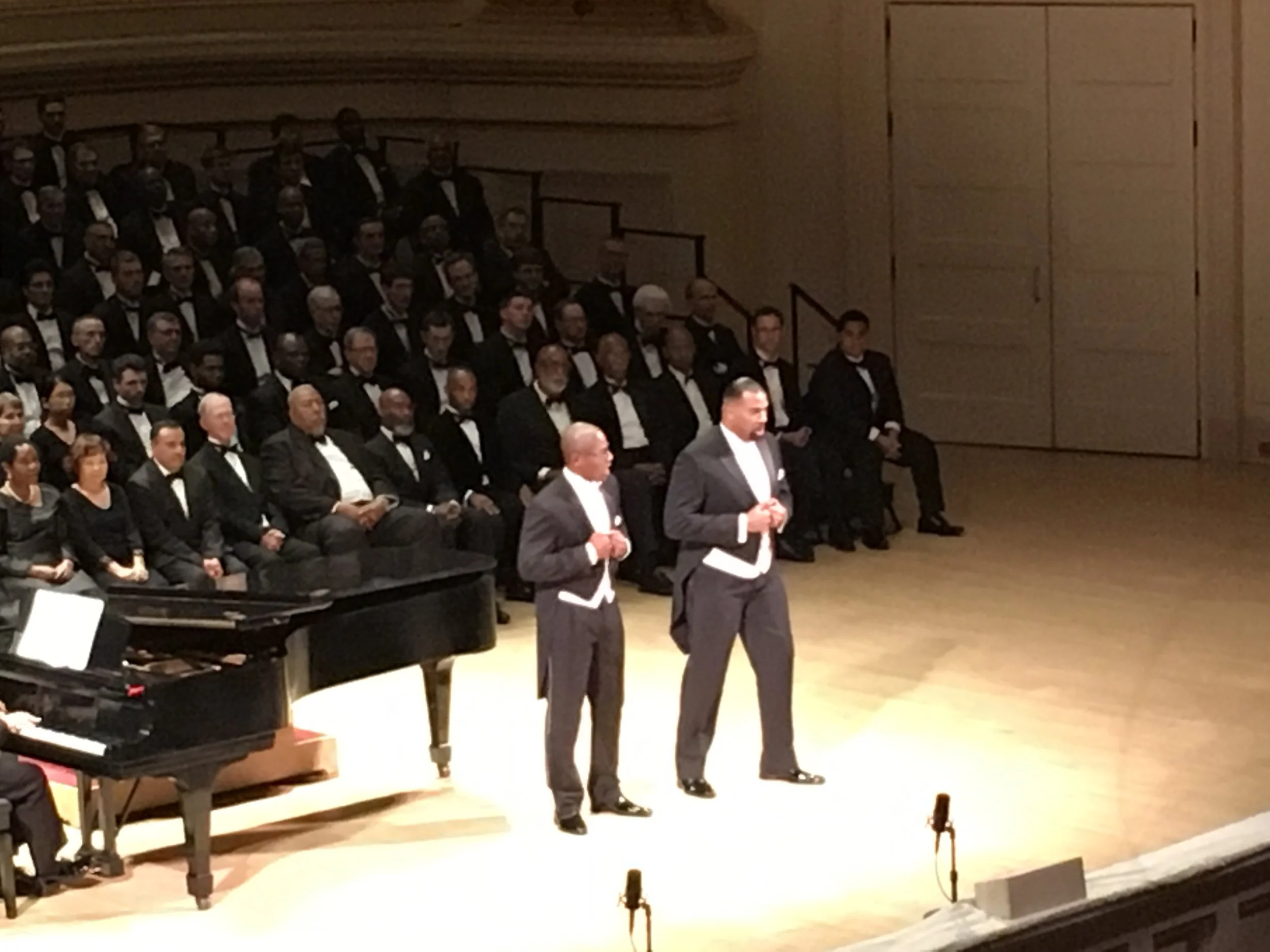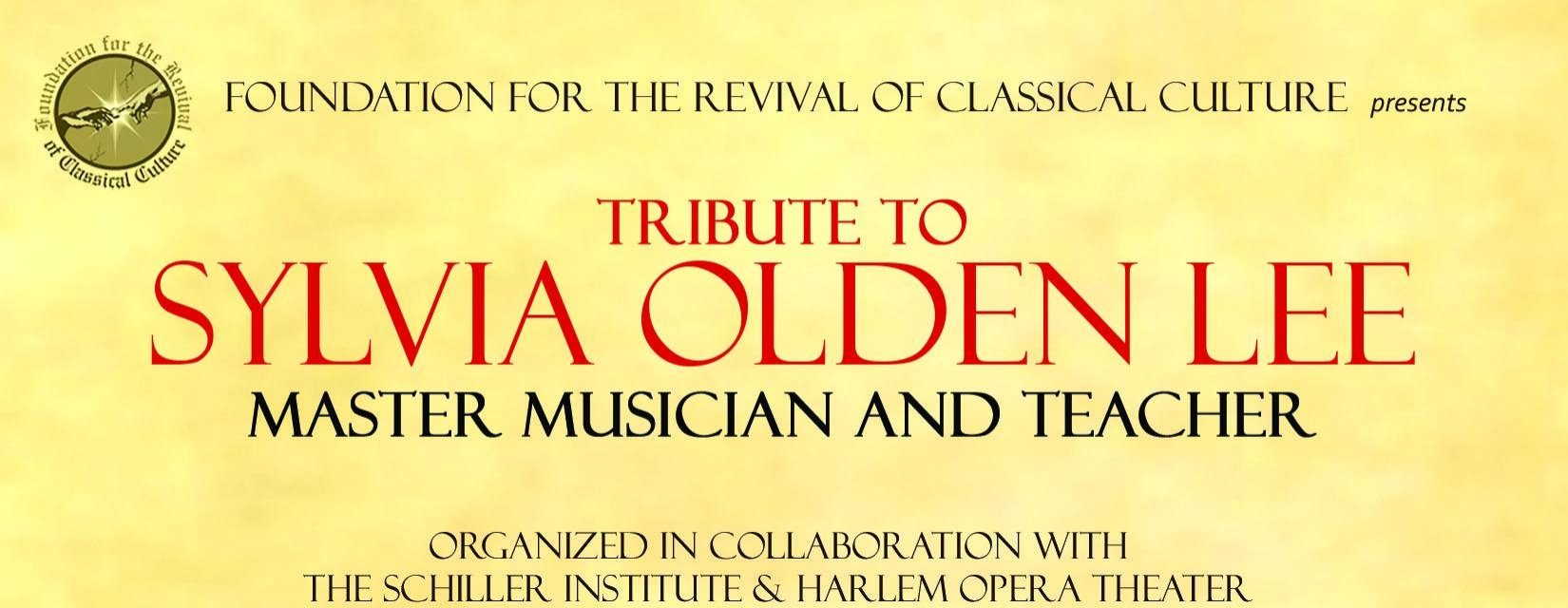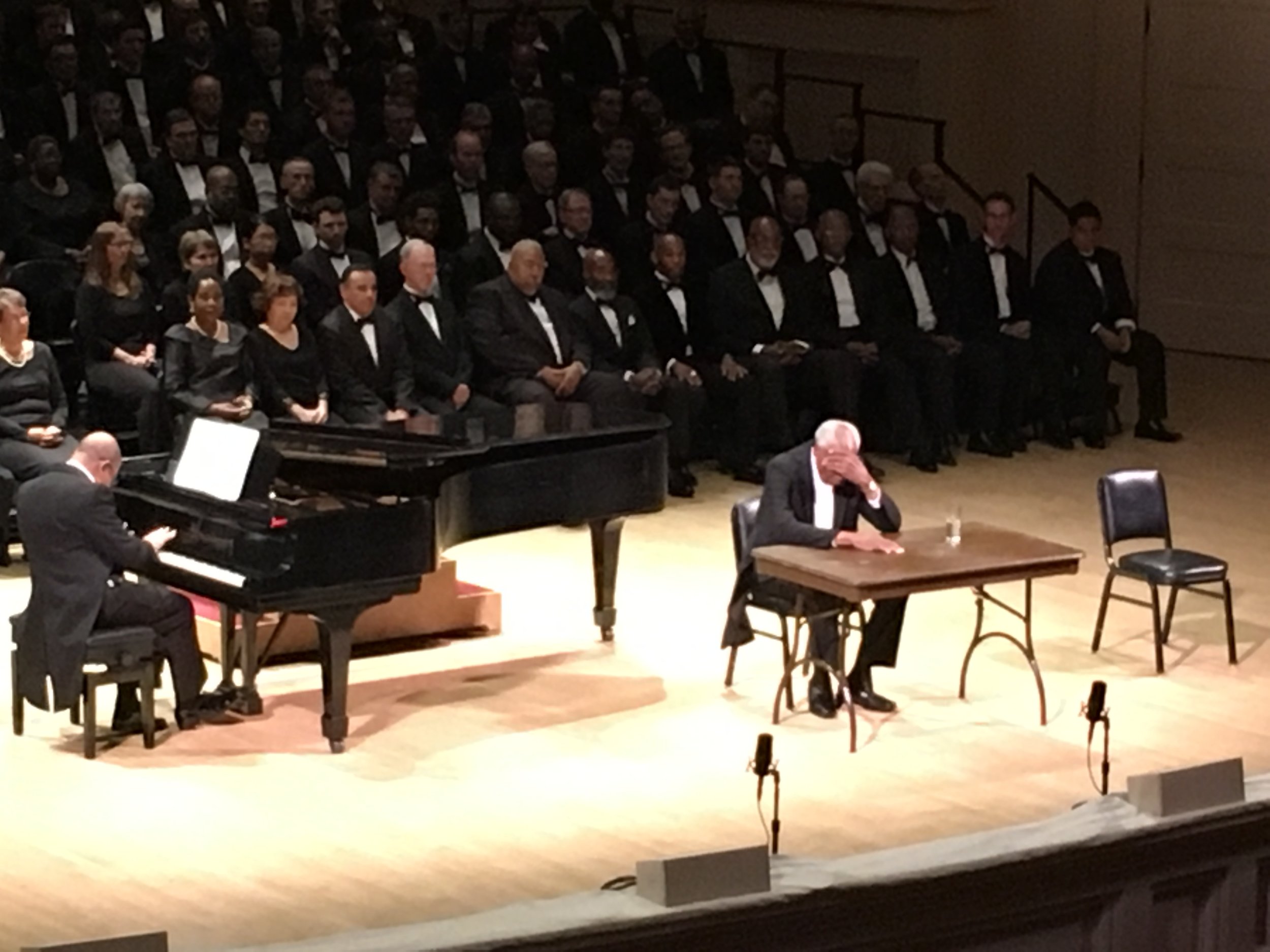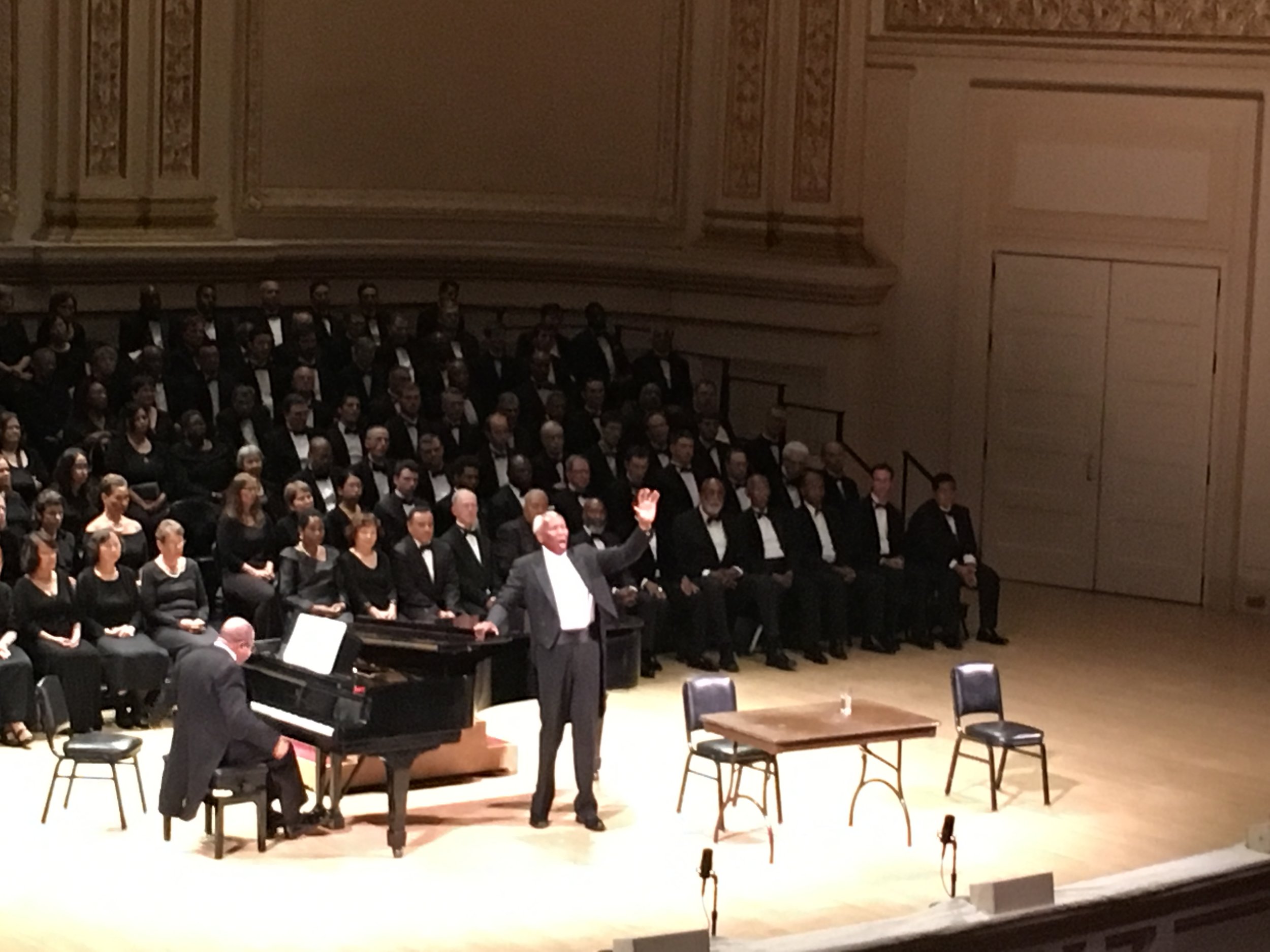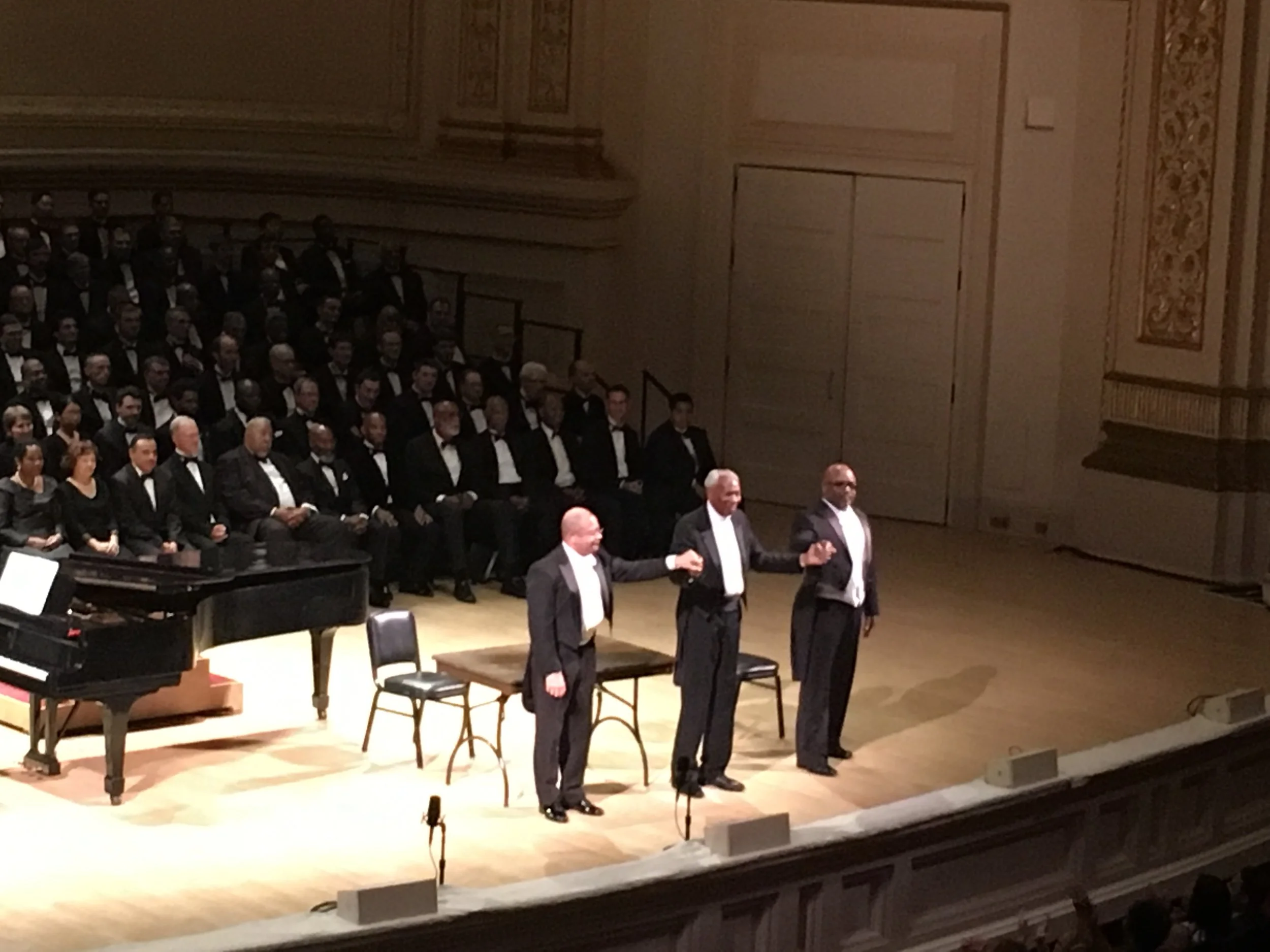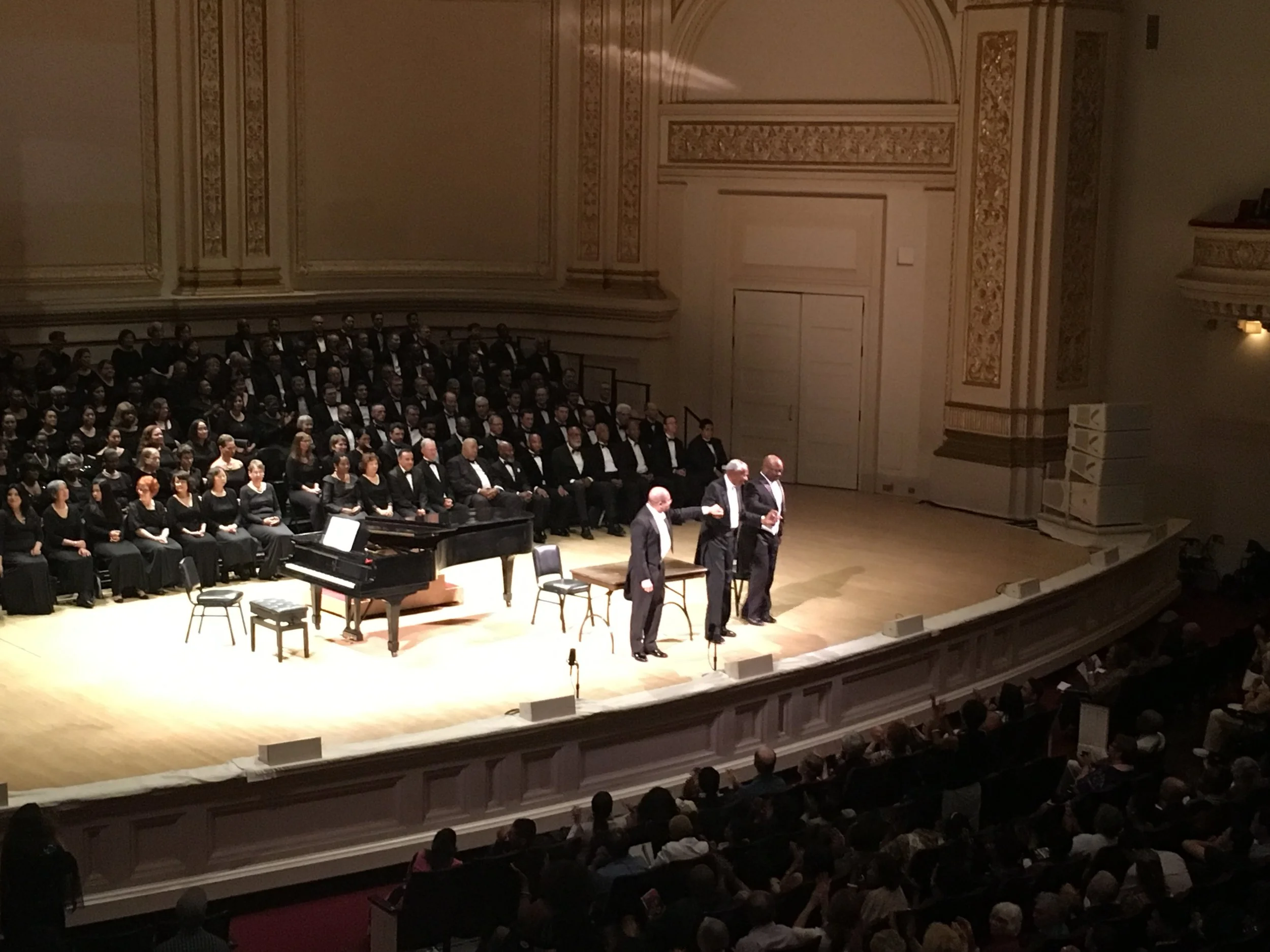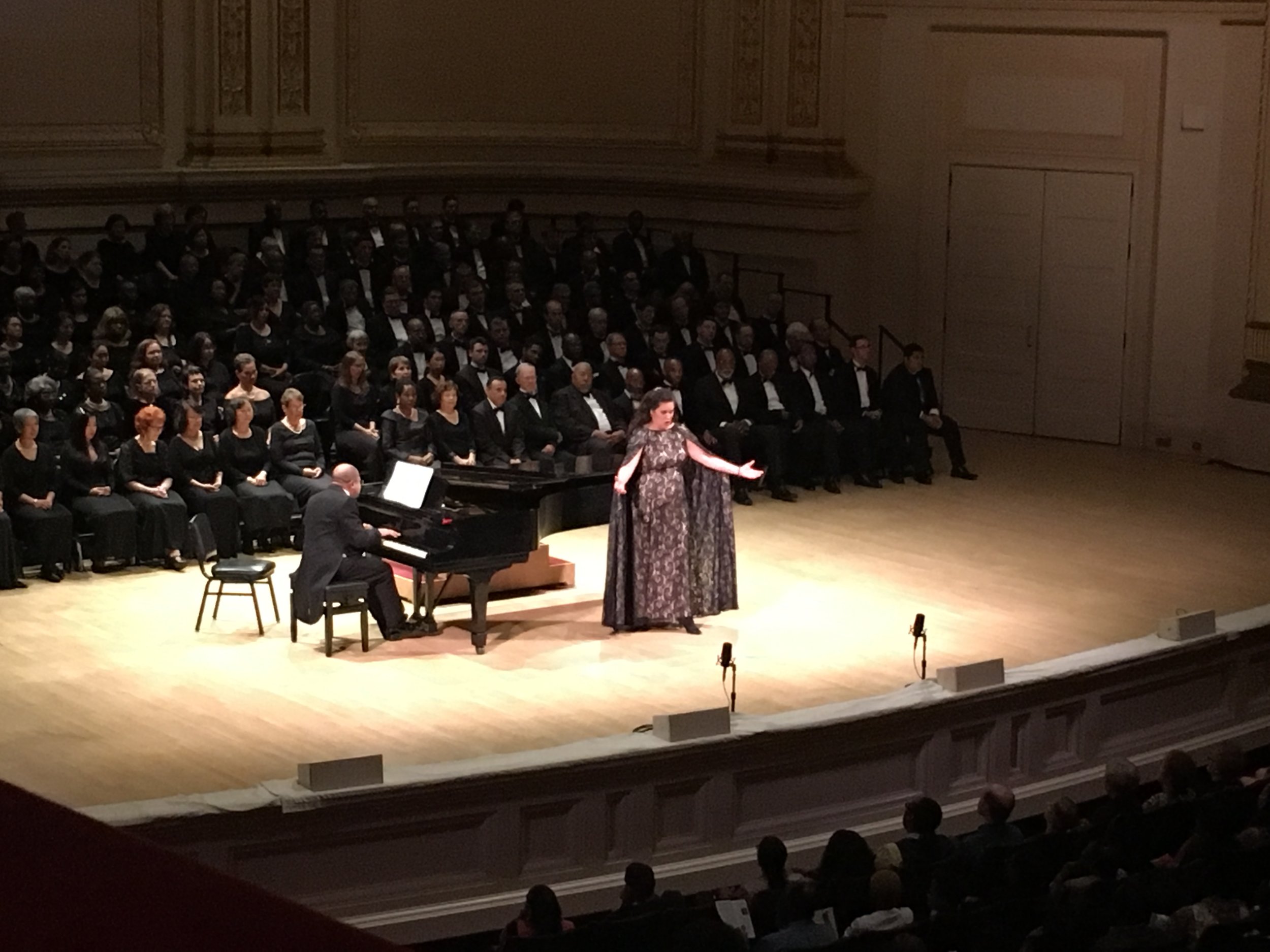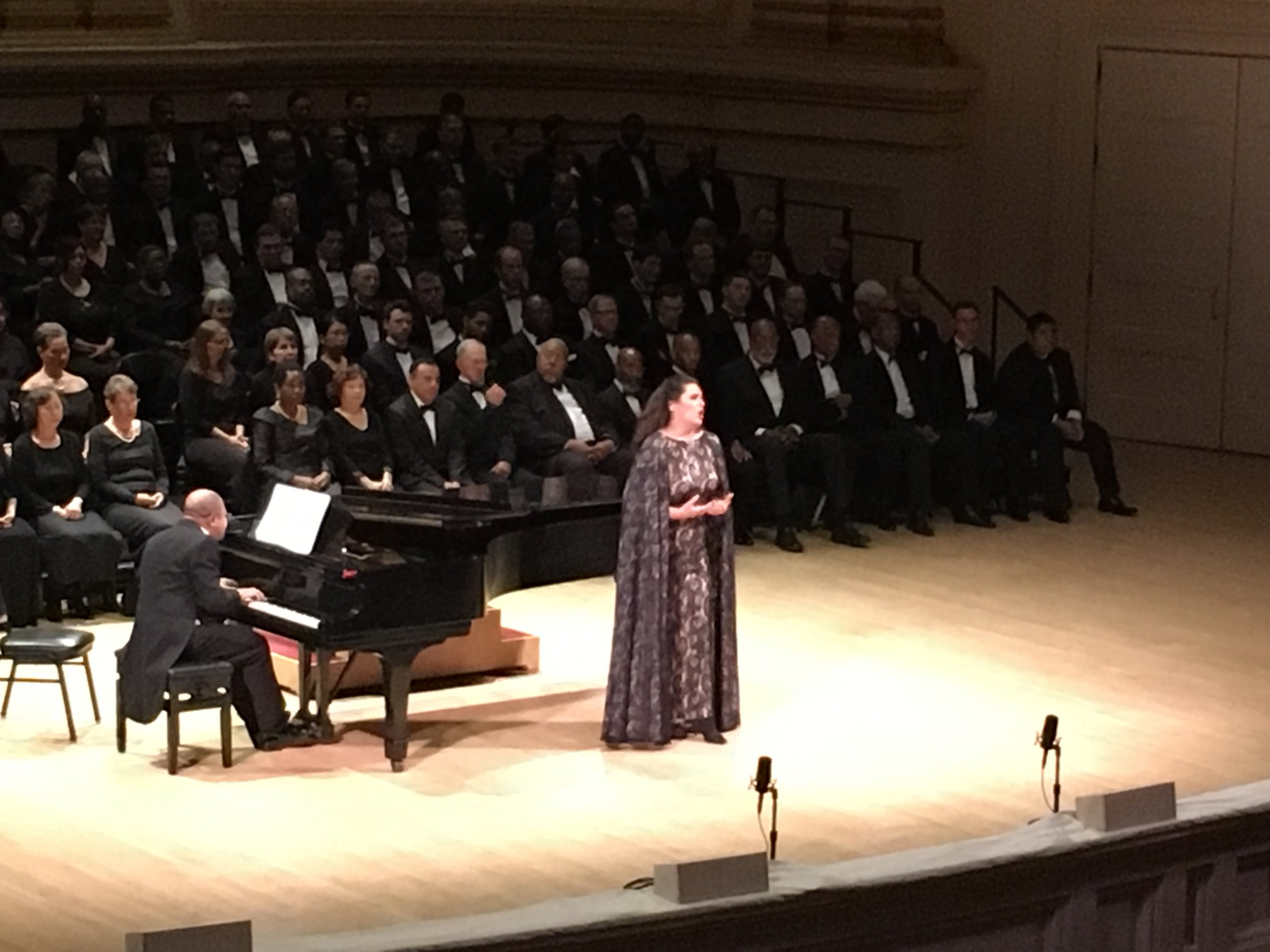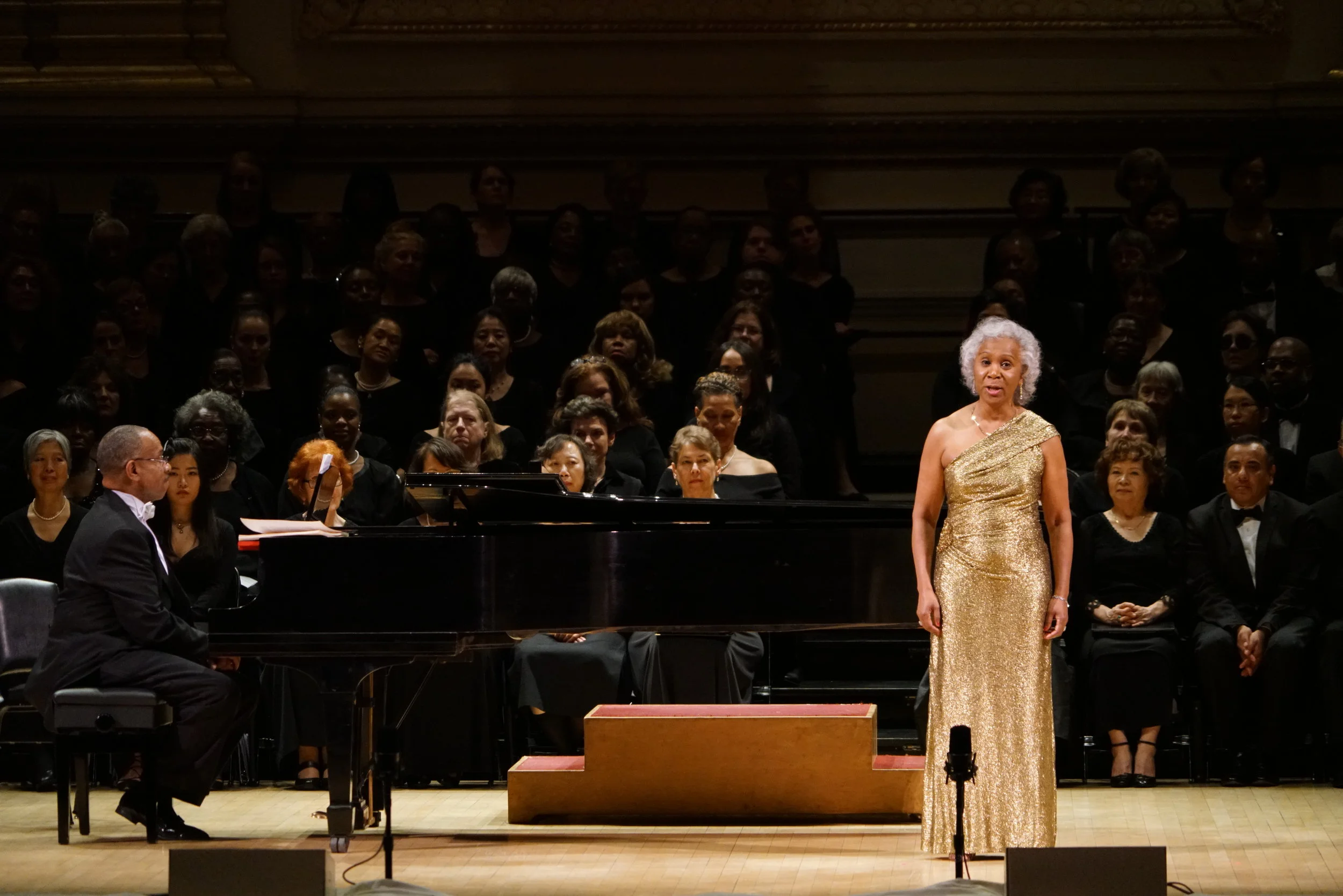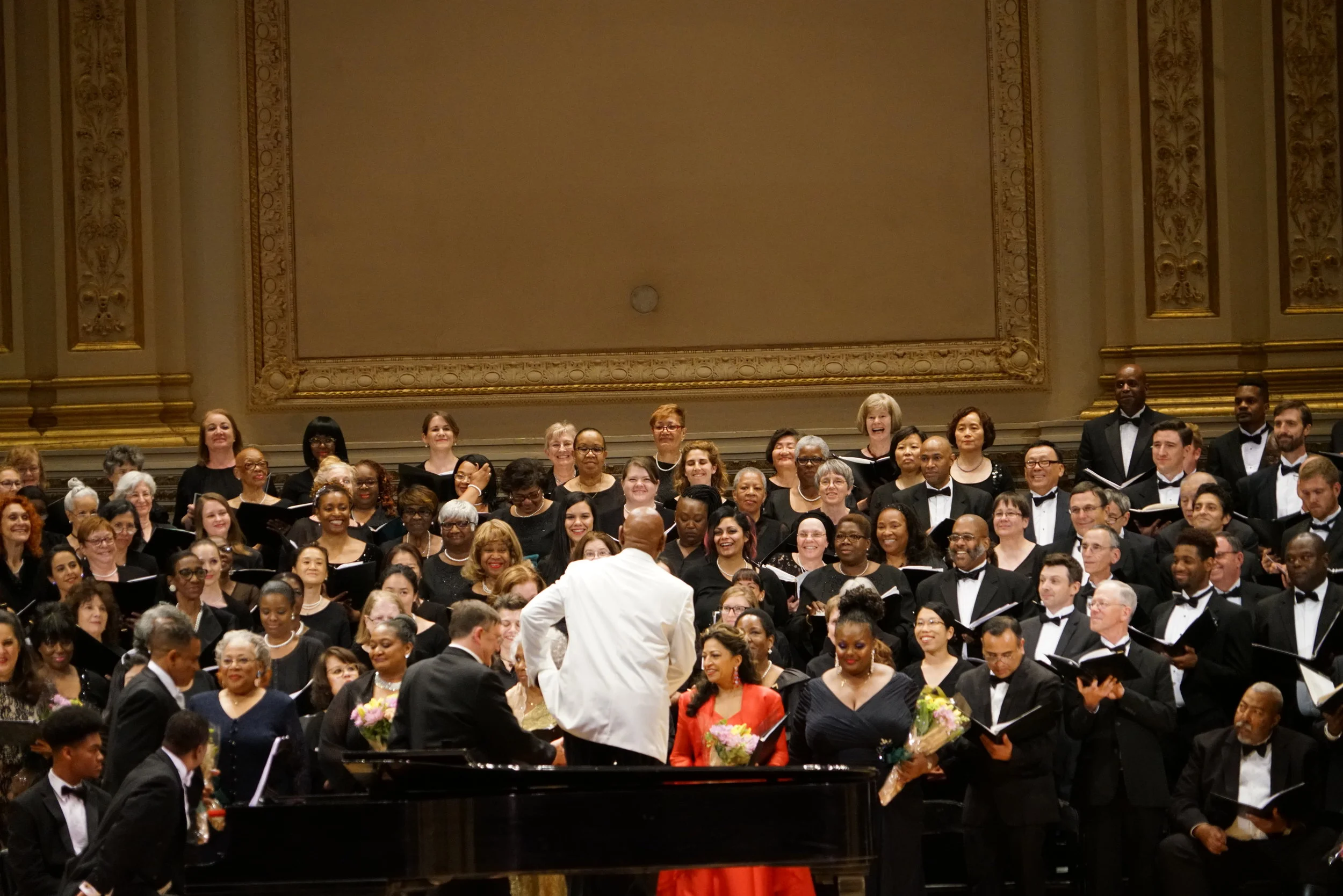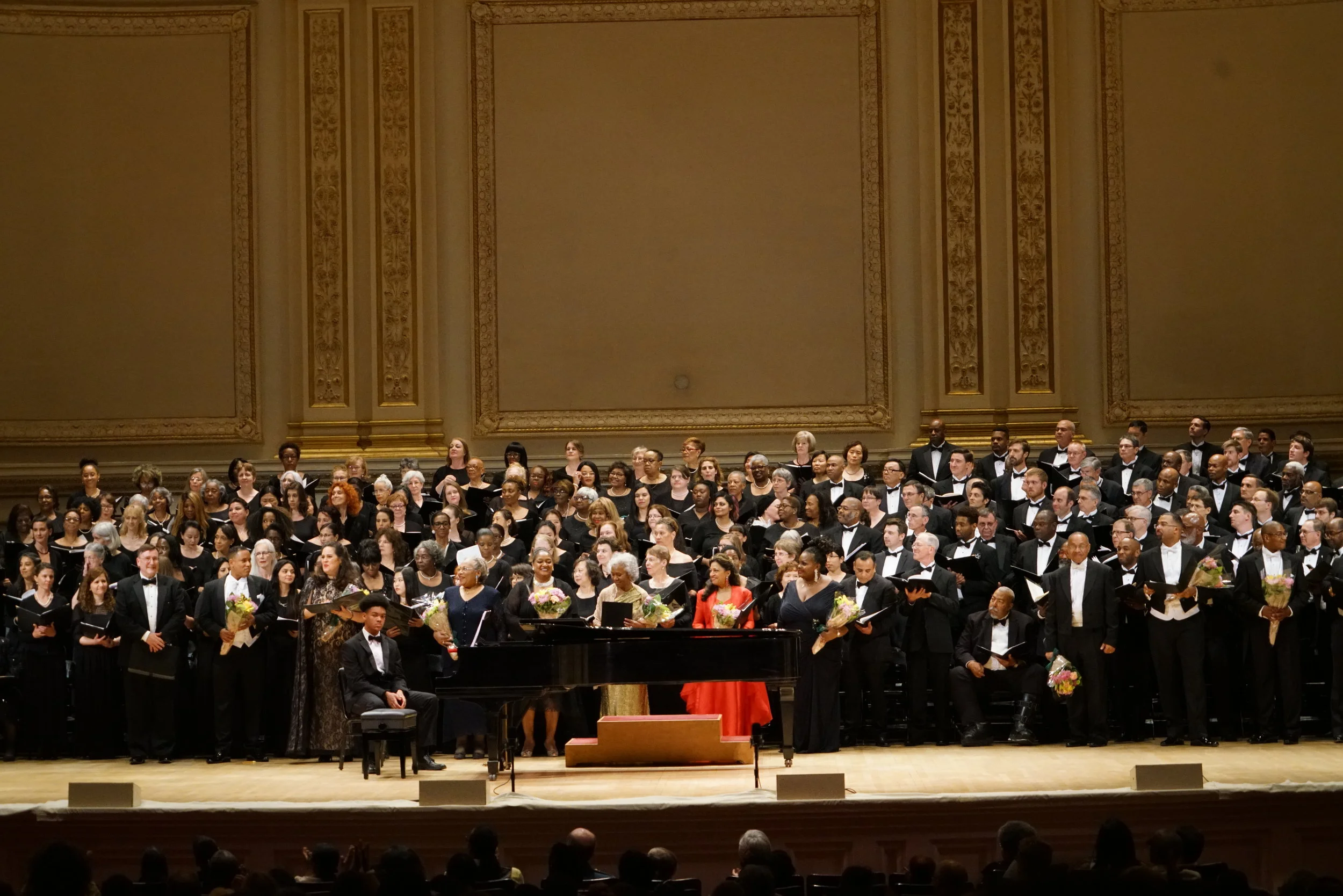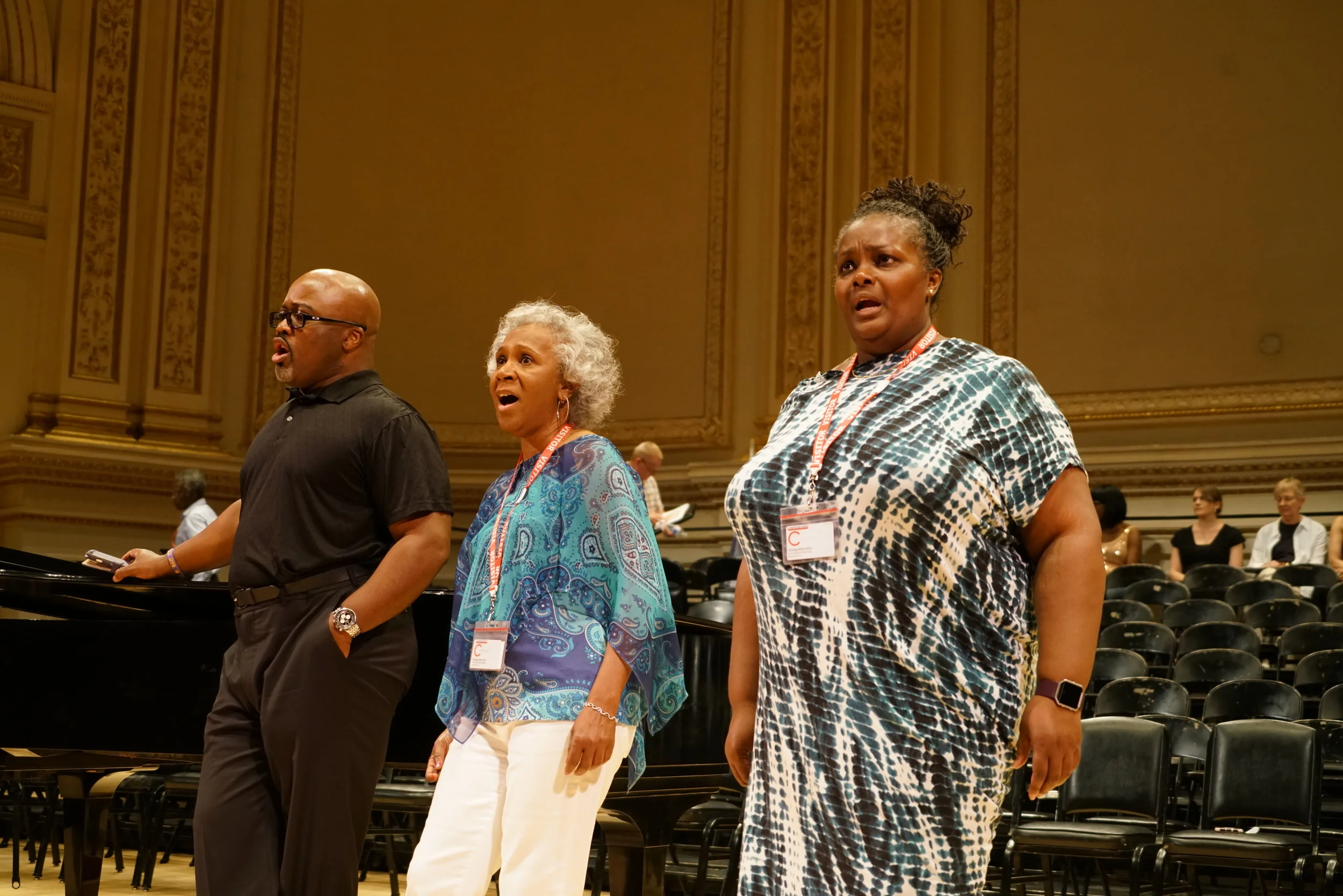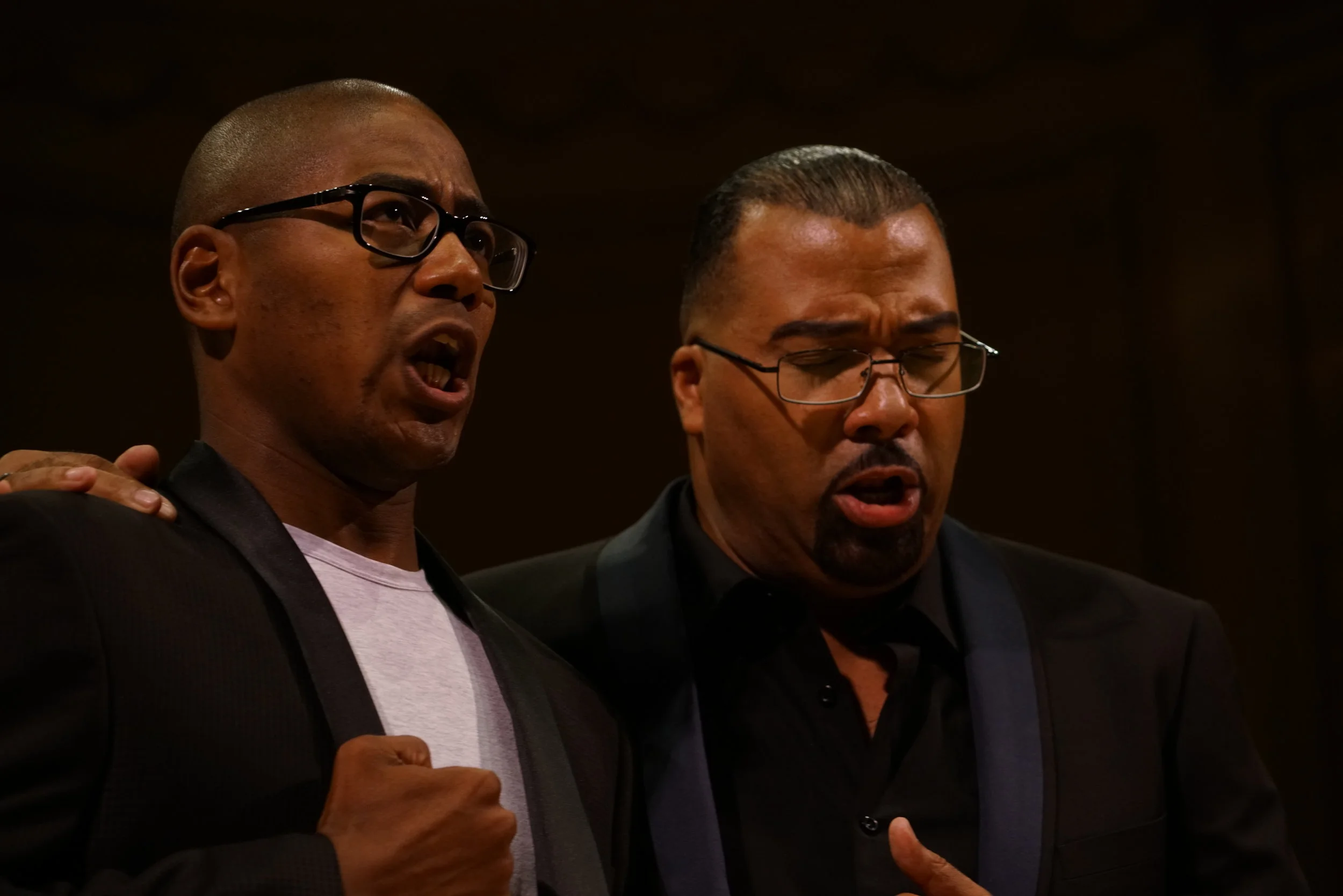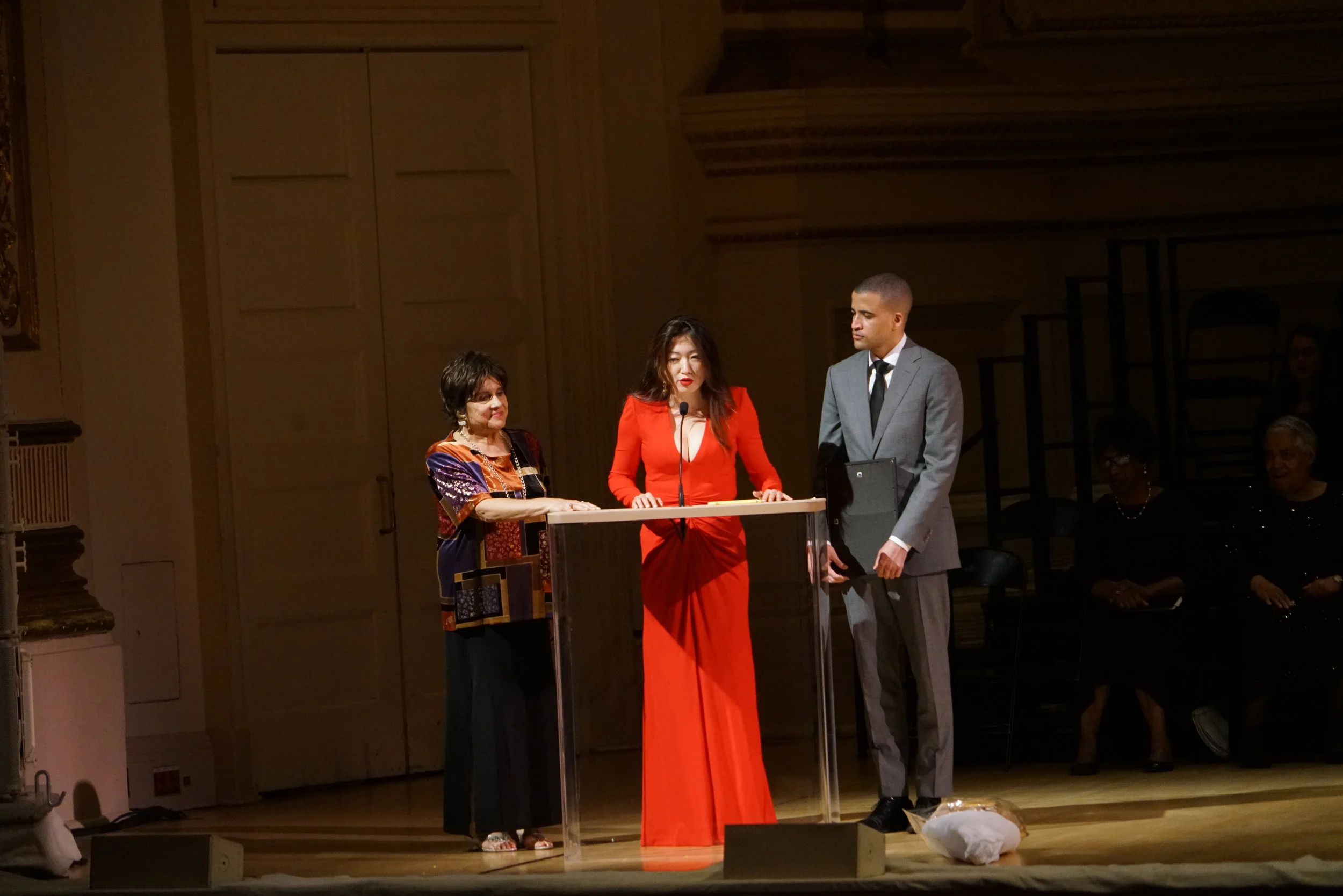THURSDAY, JUNE 29TH, 7:30PM
A Centennial Celebration
CARNEGIE HALL, STERN AUDITORIUM/PERELMAN STAGE
Sylvia Olden Lee: Through Beauty, to Freedom—“March On!”
Whatever any of us who got to know, live, or work with Sylvia Olden Lee may disagree upon, there is one word that everyone who met her can use to identify her as a person and artist: unique. There simply never was, nor will there ever be another human being born, like Sylvia Olden Lee. The term “force of nature” would be trite. Sylvia was a force of truth—like Sojourner Truth, but with a piano.
Sylvia’s mother had refused to “pass for white” to sing at the Metropolitan Opera in 1912. However, once Sylvia became, in 1954, a vocal coach at the Met, she instigated the correction of such racist injustice, proposing to Max Rudolf that singer Carol Brice be hired. In response, Rudolf Bing suggested contralto Marian Anderson, and on January 7, 1955, Sylvia and the world watched Marian Anderson perform the role of Ulrica in Verdi’s Un ballo in maschera on that forbidden stage. Before Little Rock, Birmingham and Selma, there was the Met.
Artistic truth was the daily bread of Sylvia Olden Lee. Unafraid of controversy, Sylvia was the pianist for singer Paul Robeson, and inspired Minister Louis Farrakhan’s performance of the Mendelssohn Violin Concerto in G minor. Artist and tenor Gregory Hopkins has said of her: “No one coaches like Mrs. Lee. Many a time she would command, ‘Now sing it again. More legato, and make me believe it.’—and before I could finish the line, she would yell ‘Phoney!’” Had Sylvia’s close friend and Metropolitan Opera star Kathleen Battle not been so gracious as to let the world see the candid footage of Sylvia Lee coaching her, in the now-famous “Jauchzet!” exchange from the 1992 TV film Baroque Duet, featuring Battle and trumpeter Wynton Marsalis, thousands of us would probably never have seen Sylvia teach, and thus have been inspired to now attempt to bring her “Project SYLVIA”—Saving Young Lyric Voices In Advance—into existence.
Sylvia’s great friend, the late William Warfield, in describing what music is, described Sylvia’s life’s passion. “Music is that part of us that is connected with the Divine One. I remember Dr. Thurman once said, ‘God created Man in His own image in the dead center, so that in the dead center of God’s brain, there is this image of what Man is; and at a point at which man reaches the full development of that image, then he will be on a par with the angels.’ And I never forgot that: Ah! So that’s what evolution is about! Man finally coming into the image that is in the dead center of God’s brain, of what man is to be!… And all of us are endowed with that basic thing, and Music is it.”
Sylvia Olden Lee’s life was a message to the world from the dead center of God’s brain: “Pay attention to the Words!”
Sylvia Olden Lee (1917-2004) was among the greatest vocal coaches of the 20th century, and an extraordinary music teacher. As a talented young pianist, she played for Franklin Delano Roosevelt at his first inauguration at the age of 16. A Classical musician fiercely proud of her African-American origin, Sylvia successfully rectified the once-prevalent misconception that the Spiritual was either inferior to or not to be included in the canon of Classical music. She was a "go to" person, in Europe and America, accompanying countless promising singers trying to break into the world of opera and concert recitals. She worked with singers Elizabeth Schumann, Kathleen Battle, Gerhard Hüsch, William Warfield, and Jessye Norman, among others.
Proclamation from the Mayor of the City of New York", declaring June 29, 2017 "Sylvia Olden Lee Day"
On June 29, 2017, the Foundation for the Revival of Classical Culture presented a centennial celebration of the great teacher, Sylvia Olden Lee, at Carnegie Hall, in Stern Auditorium/Perelman Stage. Performers included vocalists and instrumentalists who knew, worked with, and were influenced by Ms. Lee, including soprano Osceola Davis, mezzo Elvira Green, tenors Gregory Hopkins and Everett Suttle, basses Simon Estes and Kevin Short, pianists David Lofton and Richard Alston, composer Roland Carter, and others.
Chris Yarrell, policy adviser to the Mayor of New York City, presented the event with a Proclamation from Mayor DeBlasio, proclaiming June 29 "Sylvia Olden Lee Day". The audience, totaling over 2,000 in attendance, included over 850 students, parents and teachers from over 70 schools.
The foundation presented a symposium the next day at Bruno Walter Auditorium at Lincoln Center. Together, this begins a mission of a year-long celebration of the life and work of Sylvia and her collaborators that revives the performance, participation and practice of all Classical music, including emphatically African-American spirituals, among a broad layer of the population and especially young people.
Click here for June 29th Carnegie Hall, Sylvia Olden Lee concert playbill
"Everyone concerned about the future of democracy and our cultural heritage will want to attend this concert, and support this generative, inspiring, most important Foundation."
-Blanche Wiesen Cook Author of acclaimed three part biography of Eleanor Roosevelt; Distinguished Professor of History at John Jay College and Graduate Center, City University of New York

